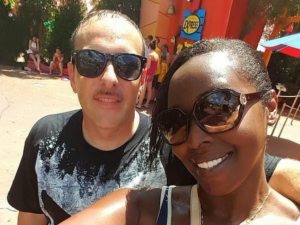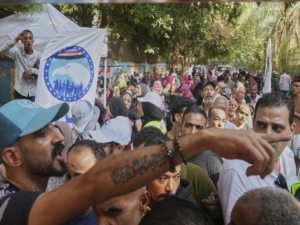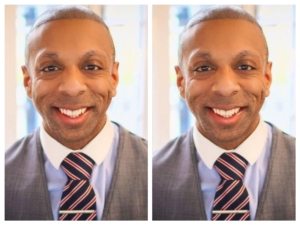A major opposition party in Ivory Coast is raising alarm over what it describes as politically motivated detentions, accusing the government of targeting its members ahead of the country’s contentious presidential election.
At a press briefing on Sunday, Sébastien Dano Djédjé, executive president of the African Peoples’ Party–Côte d’Ivoire (PPA-CI), led by ex-president Laurent Gbagbo, condemned what he called the “abduction” of six party members. He claimed they were taken from their homes in the dead of night and transported to undisclosed locations.
The arrests followed recent unrest in Youpougon, a suburb of Abidjan, where a group of armed men set a bus ablaze and assaulted police officers. Djédjé, however, denied that his party had any role in the violence, insisting that the detentions are part of a larger campaign to silence political opposition following the barring of key candidates from the upcoming vote.
Interior Minister Vagondo Diomandé responded Sunday by airing a televised video in which a man, identifying himself as a PPA-CI member, confessed to orchestrating the attack alongside 15 others and claimed they acted on behalf of the party.
Watch a recent episode of The BreakDown podcast below and subscribe to our channel PanaGenius TV for latest episodes.
“In our country, no arrests are made arbitrarily,” Diomandé stated. “The ministry ensures due legal proceedings for all offenses, ending the era of summary and arbitrary detentions that once marred our nation.”
However, the PPA-CI has disavowed the bus attack and continues to denounce the arrests, according to an AP report, insisting that its members are being targeted for political reasons.
The tensions come as Ivory Coast prepares for a presidential election on October 12. With many of President Alassane Ouattara’s top challengers, including Gbagbo and Tidjane Thiam, disqualified from the race, critics say the vote is shaping up to be deeply unbalanced.
Public frustration continues to rise over what opposition groups see as the erosion of democratic norms. The memory of 2020 still looms large, when Ouattara’s decision to seek a third term triggered widespread protests and deadly violence.










